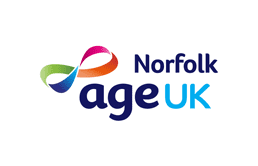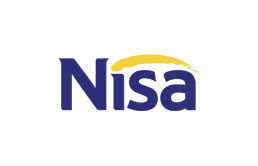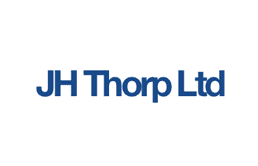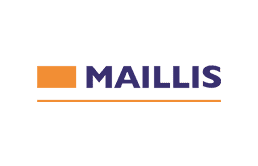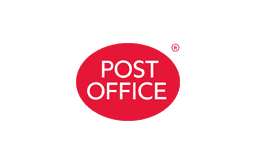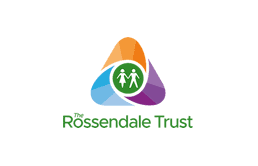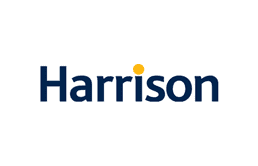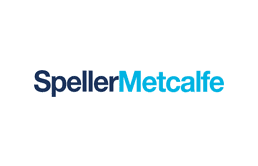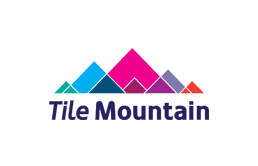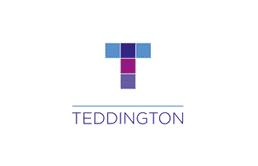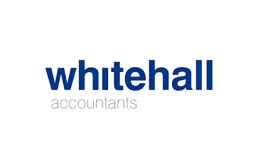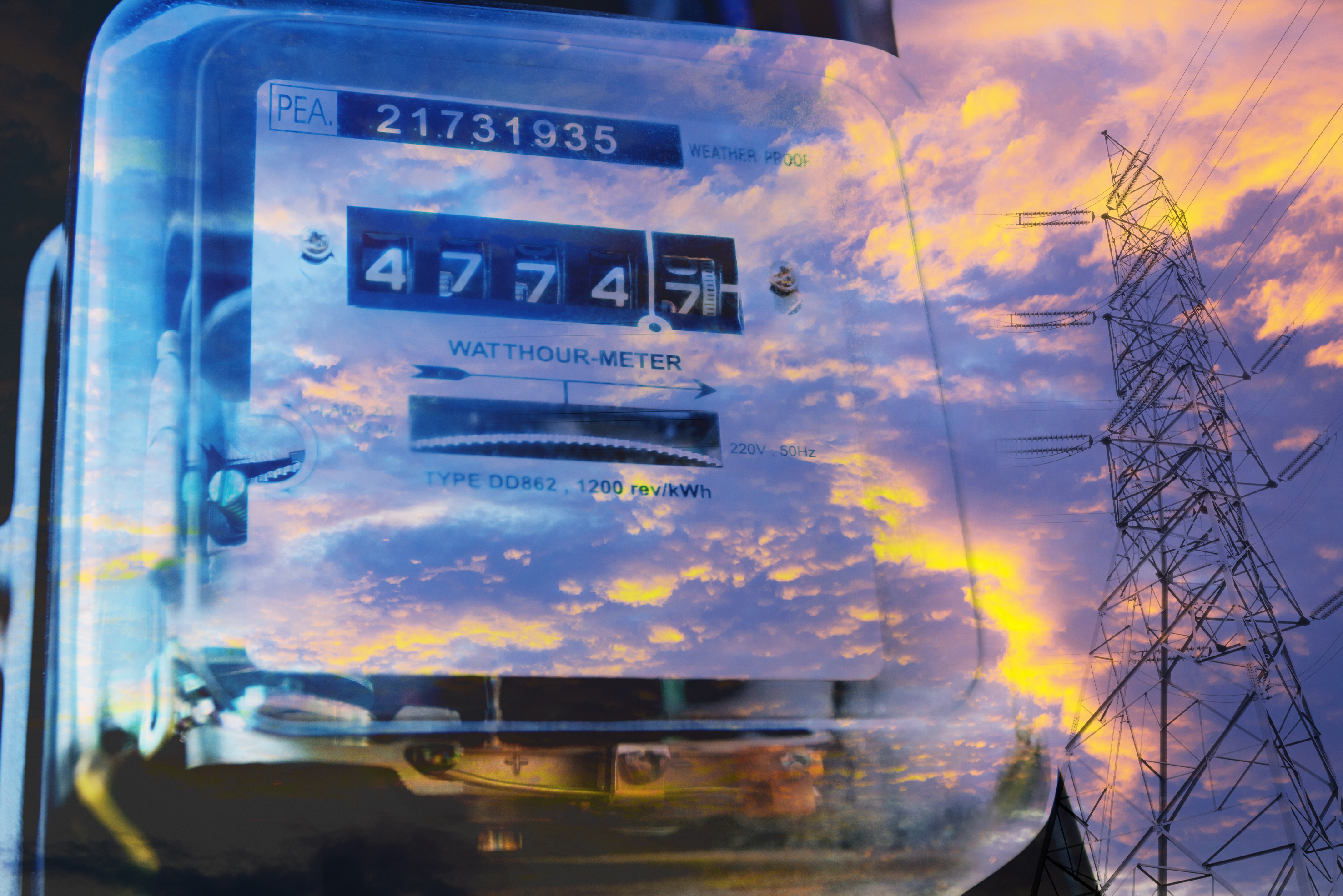
The UK Government recently published the details of the Energy Bill Relief Scheme (EBRS), which is set to bring some much-needed relief to businesses and other non-domestic users across Great Britain and is the equivalent to the Energy Price Guarantee put in place for households.
When is the scheme effective from and to?
The scheme will provide relief for eligible non-domestic customers on their usage initially through the period 1 October 2022 to 31 March 2023 (6 months). As with the Energy Price Guarantee for households, eligible users will receive the discount (in the form of a p/kWh discount) applied directly to their energy invoices. In most cases we anticipate this to be reflective on October bills from the start of November.
What are the confirmed ‘Government Supported’ and ‘Maximum Discount’ prices?
The baseline ‘Government Supported Price’ is set at;
- £211/MWh or 21.1 p/kWh for Electricity; and
- £75/MWh or 7.5 p/kWh (or 219.80 p/therm) for Gas.
The discount will reflect the difference between the Government Supported Price and relevant wholesale price but be subject to a ‘maximum discount’ (£345/MWh for electricity and £91/MWh for gas).
The Maximum Discounts (MD), published on 30 September 2022, have been set at the following levels:
- Electricity: £345/MWh, implying a wholesale market price of £556/MWh (£211/MWh plus the MD rate).
- Gas: £91/MWh, implying a wholesale market price of £166/MWh (£75/MWh plus the MD rate).
The p/kWh government support for comparable contracts will be the same across suppliers, but the absolute level of individual bills will of course continue to vary across different contracts and tariffs.
Does support under the scheme account for Green Levies?
Certainly, the reductions in prices in both schemes encompass reductions in green levies. Some non-domestic customers bills may still show green levies being charged, but in all cases this charge will be covered by the EBRS discount for eligible energy use.
Who is the scheme available to?
The Energy Bill Relief Scheme is very broad, covering all businesses in Great Britain, on a non-domestic contract including voluntary sector organisations, such as charities and public sector organisations such as schools, hospitals and care homes.
An organisations eligibility for relief under the scheme will be determined by how the wholesale element of the price users are paying compares to the government supported price. Where the calculated wholesale element of the price users are paying is above the government supported price, then users will be eligible for support.
The criterion for eligibility covers the following contract/tariffs:
- On existing fixed price contracts that were agreed on or after 1st December 2021
- Signing new fixed price contracts
- On deemed / out of contract / default or variable tariffs
- On flexible purchase or similar contracts.
Please note there are some limited exclusions to who is eligible, for example: businesses that use gas or electricity for the purpose of generating power they are selling back into the grid, such as power stations, pumped hydro or grid-level battery storage.
Current Market Prices
For unhedged or unfixed customers this winter, the expiry of the Winter-22 season could mean that their wholesale energy rate will exceed the cap for the rest of winter (unless the market corrects down strongly).
This is because some of the monthly costs for the rest of winter, due to the risks associated with supply and demand in the peak months, are well above the MD rates as the following graphs show:


Are there any examples to illustrate the EBRS support?
For fixed contracts the discount will reflect the difference between the government supported price and the relevant wholesale price for the day the contract was agreed. Provided that the wholesale element of the price the customer is paying is above the Government Supported Price, the per unit energy costs will automatically be reduced by the relevant p/kWh for the duration of the Scheme. The government will publish the wholesale reference prices that will be used for calculating this support for each day from 1 April 2022.
For example, a business uses 4,000KWh of electricity and 16,000 KWh of gas a month. They signed a fixed contract in August 2022, currently giving them a monthly energy bill of about £7,000. At the point they signed their contract, wholesale prices for the following 6 months were expected to be higher than the Government Supported Price of £211 MWh for electricity, and £75 MWh for gas, meaning they are eligible to receive support under this scheme.
The difference between expected wholesale prices when they signed their contract, and the Government Supported Price is worth £38 MWh for electricity and £10 MWh for gas. Under the Energy Bill Relief Scheme, they will receive a discount of £3,100 per month starting from October, reducing their bill by over 40% for the next 6 months.
Customers entering new fixed contracts may still be quoted and can enter contracts based on the market price of energy. Discounts will be applied on the bill for eligible customers.
Customers entering new fixed price contracts after 1 October will receive support on the same basis, so we urge those due for renewal within the next 6 months to contact Assured Energy on 0330 221 9899 to discuss what this means.
For variable, deemed and all other contracts, the discount will reflect the difference between the government supported price and relevant wholesale price, but be subject to a ‘maximum discount’ (£345/MWh for electricity and £91/MWh for gas).
The exact discount will be calculated when suppliers are in receipt of granular price information, the ‘wholesale reference price’, which will be provided by Government (BEIS).
The ‘Wholesale Reference Price’ schedule of data is determined by BEIS and is consistent across all suppliers. Suppliers and Third-Party Intermediaries (TPI’s) have NO influence over the per unit cost reductions that will be applied to energy costs under the scheme.
Where users are on a variable tariff, and want to remain on it, users will get the reduction, subject to the ‘maximum discount’. Should wholesale prices rise above the combined government supported price and maximum discount then eligible users prices will increase.
To mitigate the increased financial impacts of price volatility and risk, it is crucial that customers on Variable/Flexible, Deemed/Default, Out of Contract rates FIX their energy supply contracts as soon as possible. We urge you to contact Assured Energy on 0330 221 9899.
What’s next?
The government is carrying out a review of vulnerable businesses that may continue to receive support after 31st March 2023. This review is being carried out by the end of the year and we will keep you informed as to developments.
Urgent legislation to enable the implementation of the scheme will be introduced in Parliament in October. This will provide government with the powers to establish the scheme, ensure benefits are passed on to consumers and provide for an effective compliance and enforcement regime.
Update 24th November 2022
On 17 October 2022, the Chancellor announced that the review of future government support beyond 31 March 2023, under the EBRS, will be led by HM Treasury. Decisions on continuing support for businesses will be announced by 31 December 2022.
The review will focus on a few areas including but not limited to:
- The effectiveness of the scheme in supporting vulnerable non-domestic customers (by sector, size, geography or other factors)
- What barriers exist to these businesses absorbing increased energy costs or passing them through, and their ability to take steps to adjust to higher prices
- The most appropriate mechanism - extending the existing scheme for some users, or replacing it with a different scheme
The government recognises that some businesses may continue to require support beyond March 2023. As such, to ensure fiscal responsibility and value for money for the taxpayer, the level of government support on offer will be significantly lower, with “a very high bar” being set for vulnerable firms to receive continued government support.
Businesses are advised to use the significant support provided over the initial 6 months of the scheme to identify measures that protect themselves from the impact of high energy costs. This should include taking steps to improve energy efficiency and adapting operating models to a higher energy price environment where possible.
Public sector organisations will not be eligible for support through the review. The review will however consider private sector firms which are providers of public services and voluntary sector organisations such as charities.
Further information on the full Terms of Reference of the Review can be accessed HERE.
Where can I find further information on the EBRS?
Further guidance on the EBRS for businesses and other non-domestic users can be found HERE.
Recent News

Assured Energy Outlo...
13 Nov 2018
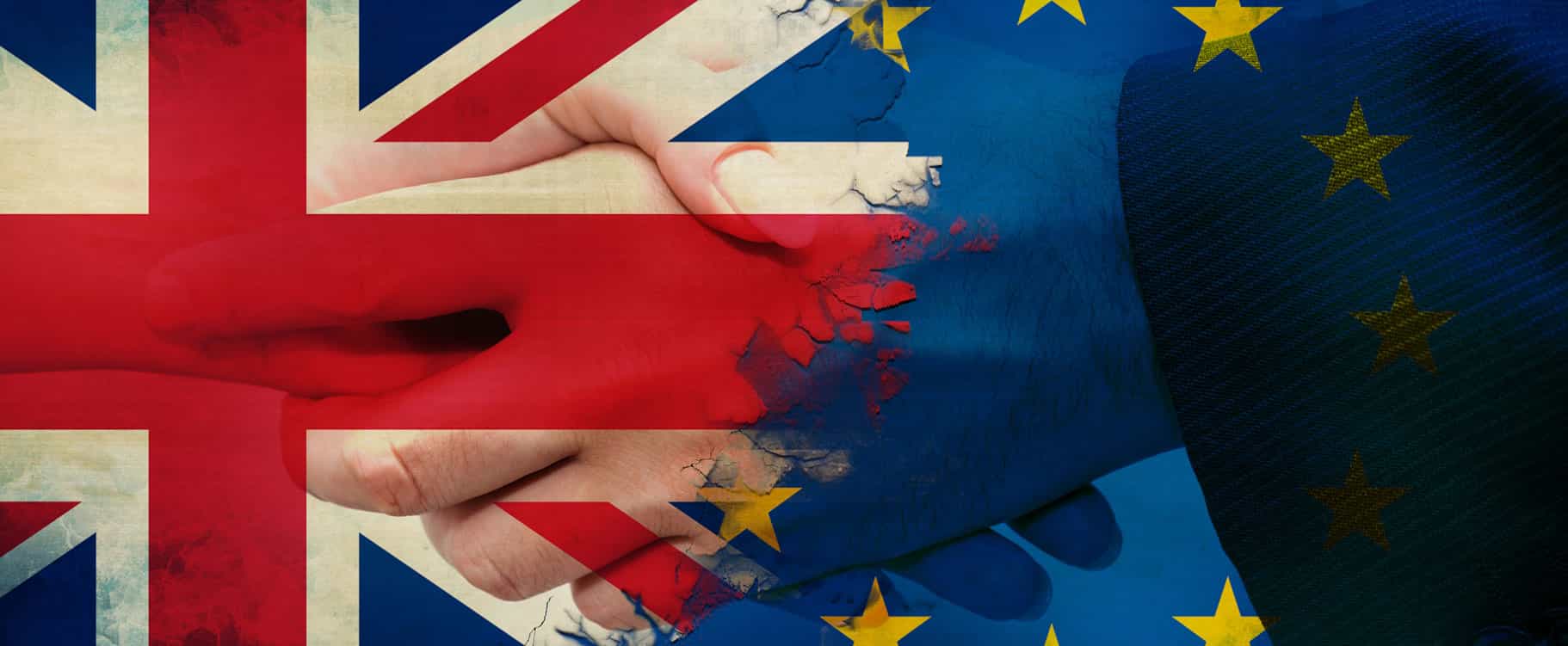
Assured Energy Outlo...
13 Nov 2018

Assured Energy Outlo...
04 Dec 2018
Categories
Archives


